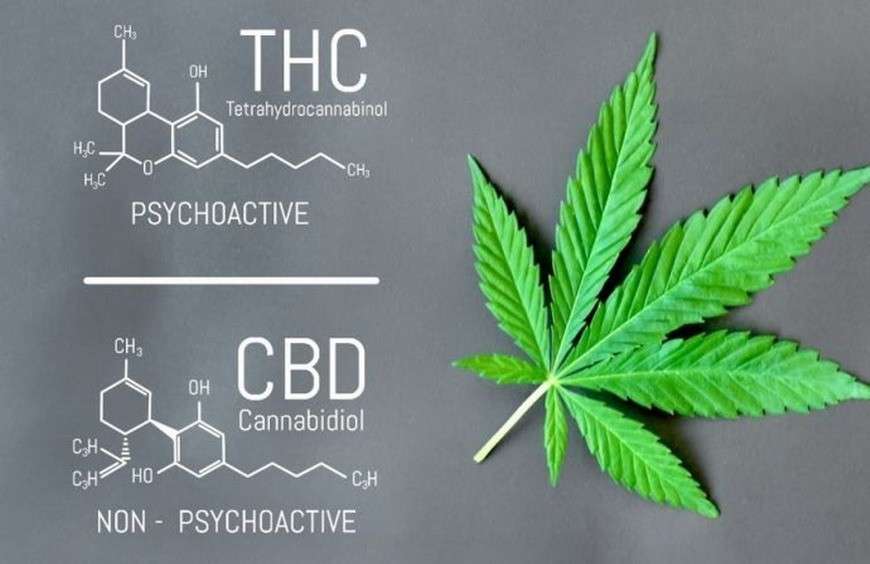Submitted by Johnny on

Selecting the Perfect THC and CBD Cannabis Seeds for Medical Purposes.
Choosing the Right THC and CBD Cannabis Seeds for Medical Use. Knowing the Distinction between THC and CBD Cannabis Seeds. As an experienced medical cannabis user, I recognise the significance of selecting the appropriate cannabis seeds to meet your specific needs. The primary difference between THC (tetrahydrocannabinol) and CBD (cannabidiol) cannabis seeds lies in their effects on the human body. While THC is responsible for the psychoactive "high" associated with cannabis, CBD is non-psychoactive and has been proven to offer various therapeutic benefits without causing intoxication.
The ratio of THC to CBD in medical cannabis seeds can have a significant impact on its effectiveness and suitability for various medical conditions. By understanding the unique properties of THC and CBD, you can make an informed decision when choosing the best cannabis seeds to address your specific health concerns.

Factors to Consider when Selecting THC and CBD Cannabis Seeds. When selecting the perfect THC and CBD cannabis seeds for medical purposes, there are several crucial factors to keep in mind:
THC and CBD Ratio: The ratio of THC to CBD in a cannabis strain is one of the most important considerations. Depending on your medical condition, you may need a higher CBD content for its therapeutic benefits, a higher THC content for its psychoactive effects, or a balanced ratio for a more well-rounded experience.
Strain Type: Cannabis strains can be broadly categorised as Indica, Sativa, or Hybrid. Indica strains are known for their relaxing and sedative effects, while Sativa strains are more invigorating and uplifting. Hybrid strains offer a combination of these effects, making them suitable for a wide range of medical conditions.
Terpene Profile: Terpenes are aromatic compounds found in cannabis that contribute to its unique flavours and scents. Different terpenes have been linked to various therapeutic properties, so it's essential to consider the terpene profile of the cannabis seeds you choose.
Feminized vs Regular Seeds: Feminized cannabis seeds are genetically modified to produce only female plants, which are the ones that produce the desired cannabinoids and terpenes. Regular seeds, on the other hand, have an equal chance of producing male or female plants, which may be less desirable for medical cannabis cultivation.
Genetics and Stability: The genetic lineage and stability of cannabis seeds can affect the consistency and predictability of the final product. Trusted seed banks and breeders can provide valuable information about the genetics and characteristics of their cannabis strains.
Growing Conditions: The environmental factors, such as temperature, humidity, light exposure, and nutrient availability, can significantly influence the growth and development of cannabis plants. Choosing seeds that are well-suited to your growing conditions can help ensure a successful and plentiful harvest.
By considering these factors, you can make an informed decision on the best THC and CBD cannabis seeds to meet your medical needs.
Indica vs Sativa: Which Strain is Most Suitable for Medical Use? The choice between Indica and Sativa strains for medical use largely depends on the specific symptoms or conditions you are trying to address. Indica strains are known for their relaxing and sedative effects, making them ideal for pain relief, muscle relaxation, and improved sleep. Patients with chronic pain, anxiety, insomnia, or certain neurological disorders may find Indica strains particularly beneficial. On the other hand, Sativa strains are often associated with more uplifting, energising, and cerebral effects. These strains may be more suitable for patients seeking relief from depression, fatigue, or conditions that require a boost in mood and cognitive function, such as attention-deficit/hyperactivity disorder (ADHD). Hybrid strains, which combine the characteristics of both Indica and Sativa, can offer a balanced and versatile approach to medical cannabis use.
These strains may be particularly useful for patients with complex medical needs or those who require a more well-rounded therapeutic experience. It's important to note that the effects of cannabis can vary significantly from person to person, and it may take some experimentation to find the right strain and dosage for your specific medical needs. Consulting with a knowledgeable healthcare professional or experienced cannabis cultivator can be helpful in navigating the complexities of strain selection.
The Ideal THC and CBD Ratio for Different Medical Conditions. The optimal THC and CBD ratio for medical cannabis can vary depending on the specific condition or symptom being treated. Here's a general guide on the ideal ratios for some common medical conditions:
Chronic Pain: A balanced THC to CBD ratio, such as 1:1 or 2:1, can be effective in managing chronic pain, as the synergistic effects of these two cannabinoids can provide a more well-rounded pain-relieving response.
Anxiety and Stress: A higher CBD to THC ratio, such as 4:1 or 5:1, is often recommended for patients seeking relief from anxiety, stress, and related conditions, as CBD has been shown to have anti-anxiety properties without the psychoactive effects of THC.






